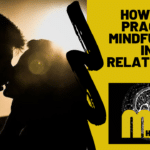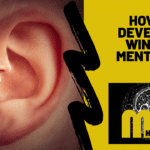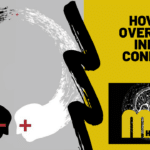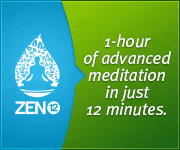
A Beginners Guide to Meditation
This article offers a beginners guide to meditation suitable for the absolute beginner. Meditation offers remarkable benefits. From becoming more in tune with your own thoughts, to reducing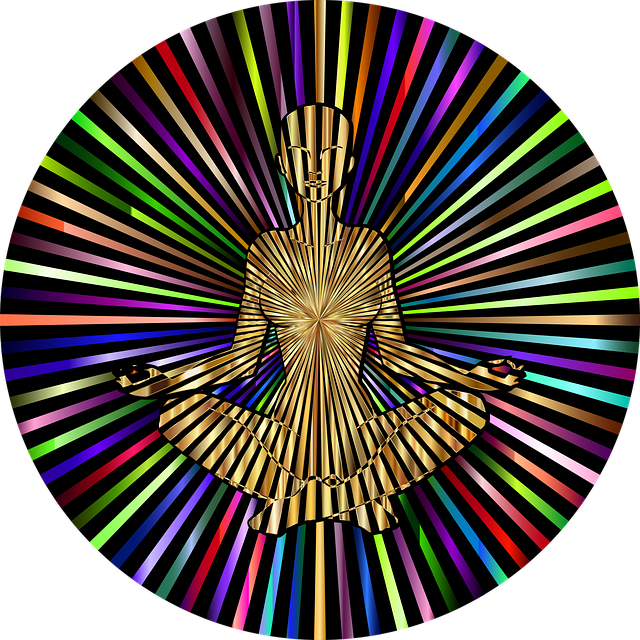
Search for a tranquil environment
For successful meditation, you will require a quiet environment in which to practise. Background noise, such as the television and radio, will cause distraction and disrupt your train of thought. It’s also best to choose a fairly cool to warm area to meditate. Being too cold or too hot won’t allow you to concentrate, so make sure you’re in a suitable area where you won’t be disturbed.
Sit comfortably
To meditate, you’ll need to find a comfortable position in which to sit for ten to fifteen minutes. You don’t need to adopt a specific position if you are going to find it hard to adapt. Generally, the 
Breathe
Focusing on your breathing is an important process in meditation. However, you want it to be natural. Start by closing your eyes and take a few deep breaths. Let it begin with shallow breaths, and just continue to breathe for a few minutes. Your intake of breath will become deeper as you progress. Take your time to breathe slowly as there is no need to force it. Just become aware of each breathe that you take.
Focus on your thoughts
By deep breathing, you should feel more at ease. Once that happens, turn your focus to the actual process of breathing in and out. Be conscious of each breath that you inhale and each that you exhale. It may take a while for your mind to fully focus on your breathing. Don’t worry if you struggle with your train of thought. It’s perfectly ok for your mind to wander onto other subjects. Simply let it drift and gently try to bring your attention back to your breathing.
It be difficult to concentrate, whether you’re a beginner to meditation or not, however, as you start to continually practice, your attention should gradually improve. If you find it easier, then use numbers to ‘count’ your breathing. So, for instance, count one to inhale and two to exhale, and continue to repeat these numbers as your breathe in and out. This can be an effective way to get into the mindset of learning to meditate.
As with every new skill, you will not be perfect with this at the beginning, but with practice and consistency, you will achieve excellent results.
Open your eyes
When you are ready to end your meditation, open your eyes. You should be in a calm and serene state. You may want to explore other meditation techniques in future, such as meditating while 
Guided meditations are an excellent way of focusing a busy mind and literally helping you meditate, by providing you with both calm, relaxing music, but also gentle instructions telling you exactly what to do.
As you get more experienced with meditation, you can move on to listening to some calming music of your choice.


